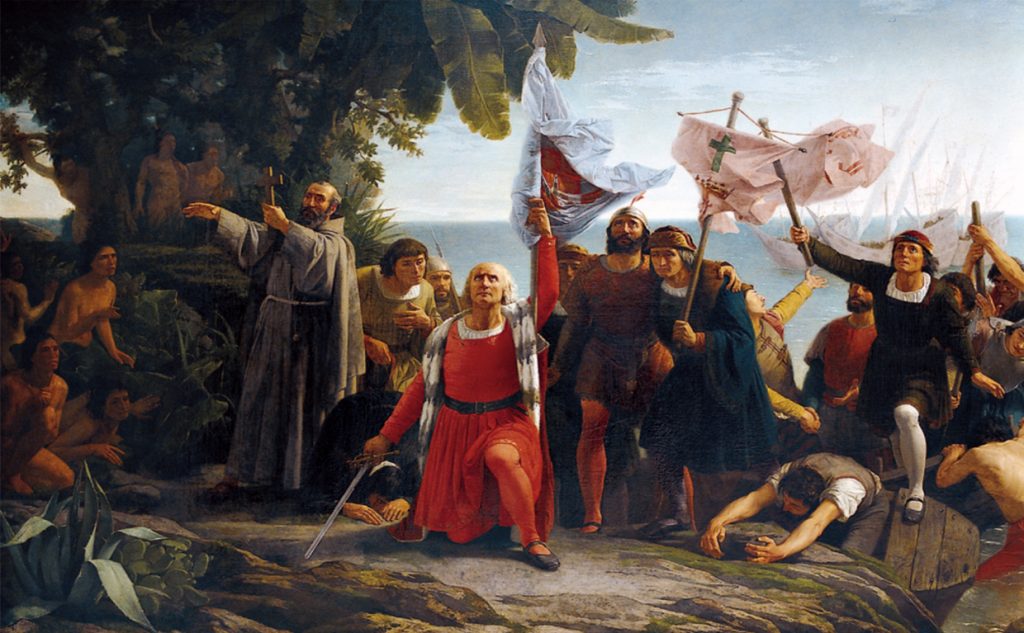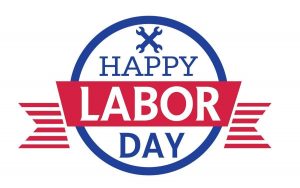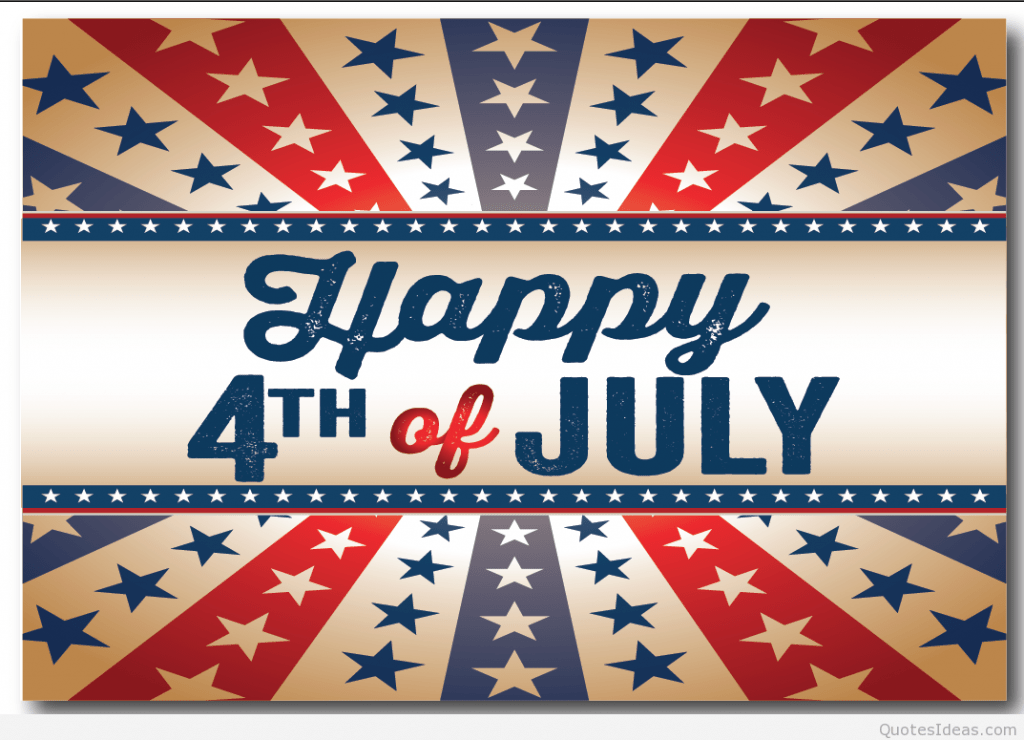First Landing of Columbus on the Shores of the New World; painting by Dióscoro Puebla (1862)
Columbus Day first became an official state holiday in Colorado in 1906, and became a federal holiday in the United States in 1937, though people have celebrated Columbus’s voyage since the colonial period. In 1792, New York City and other U.S. cities celebrated the 300th anniversary of his landing in the New World. President Benjamin Harrison called upon the people of the United States to celebrate Columbus Day on the 400th anniversary of the event. During the four hundredth anniversary in 1892, teachers, preachers, poets and politicians used Columbus Day rituals to teach ideals of patriotism. These patriotic rituals were framed around themes such as citizenship boundaries, the importance of loyalty to the nation, and celebrating social progress.
Columbus Day is a national holiday in many countries in the Americas and elsewhere which officially celebrates the anniversary of Christopher Columbus‘ arrival and Discovery of America, which happened on October 12, 1492. The landing is celebrated as Columbus Day in the United States, as Día de la Raza (“Day of the Race”) in many countries in Latin America and as Día de la Hispanidad and Fiesta Nacional in Spain, where it is also the religious festivity of La Virgen del Pilar. It is also celebrated as Día de las Américas (Day of the Americas) in Belize and Uruguay, as Discovery Day in the Bahamas, as Día del Respeto a la Diversidad Cultural (Day of Respect for Cultural Diversity) in Argentina and as Giornata Nazionale di Cristoforo Colomboor Festa Nazionale di Cristoforo Colombo in Italy and in the Little Italys around the world. These holidays have been celebrated unofficially since the late 18th century and officially in various countries since the early 20th century.


